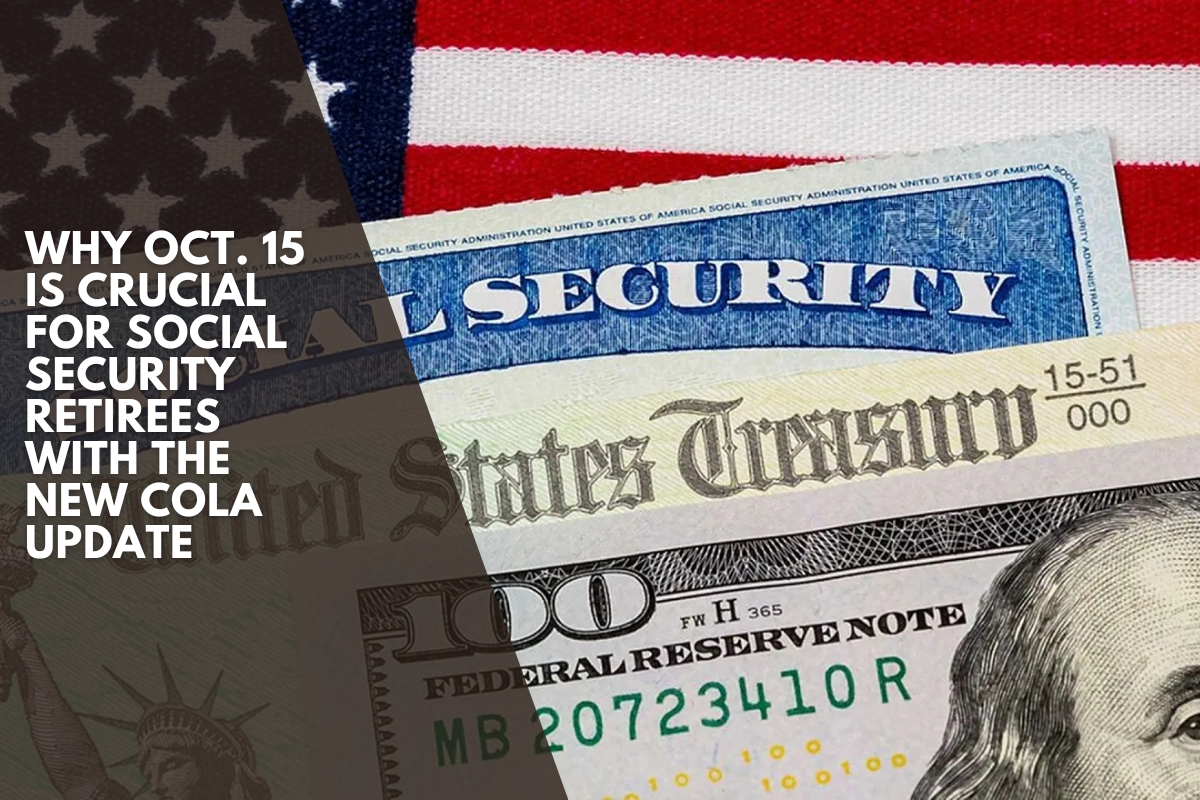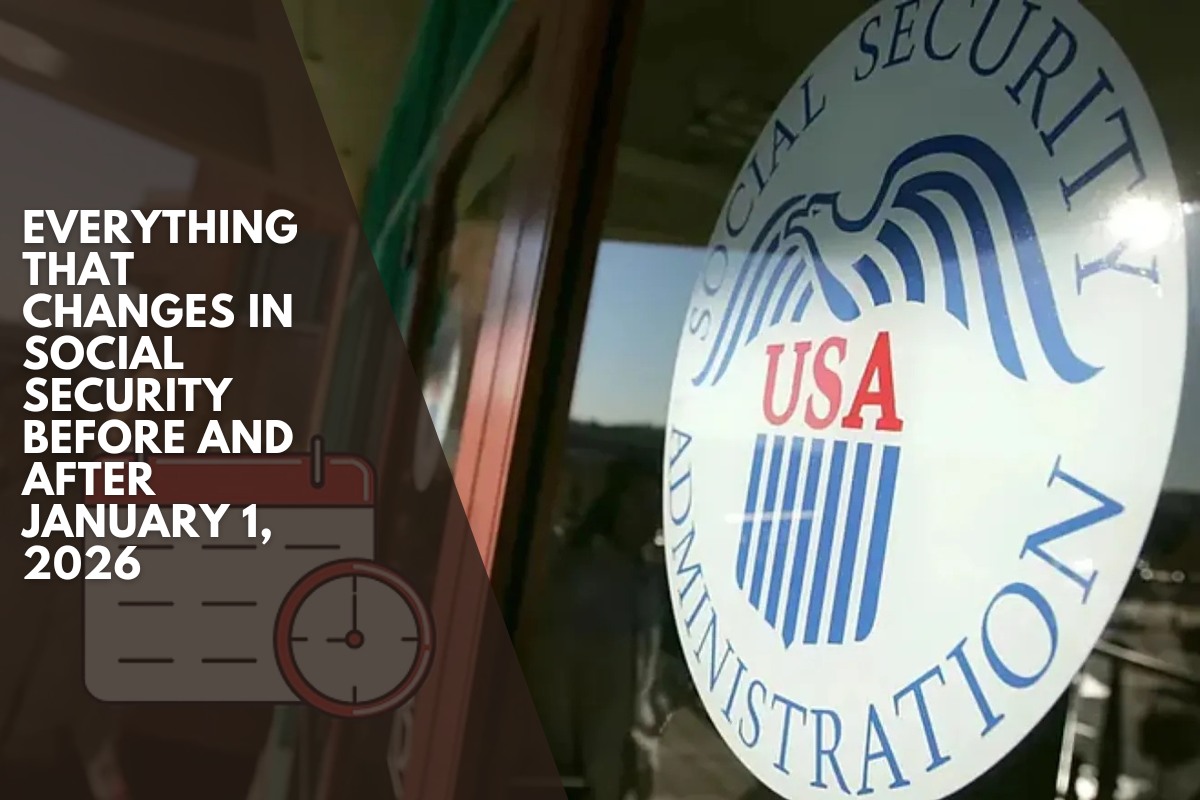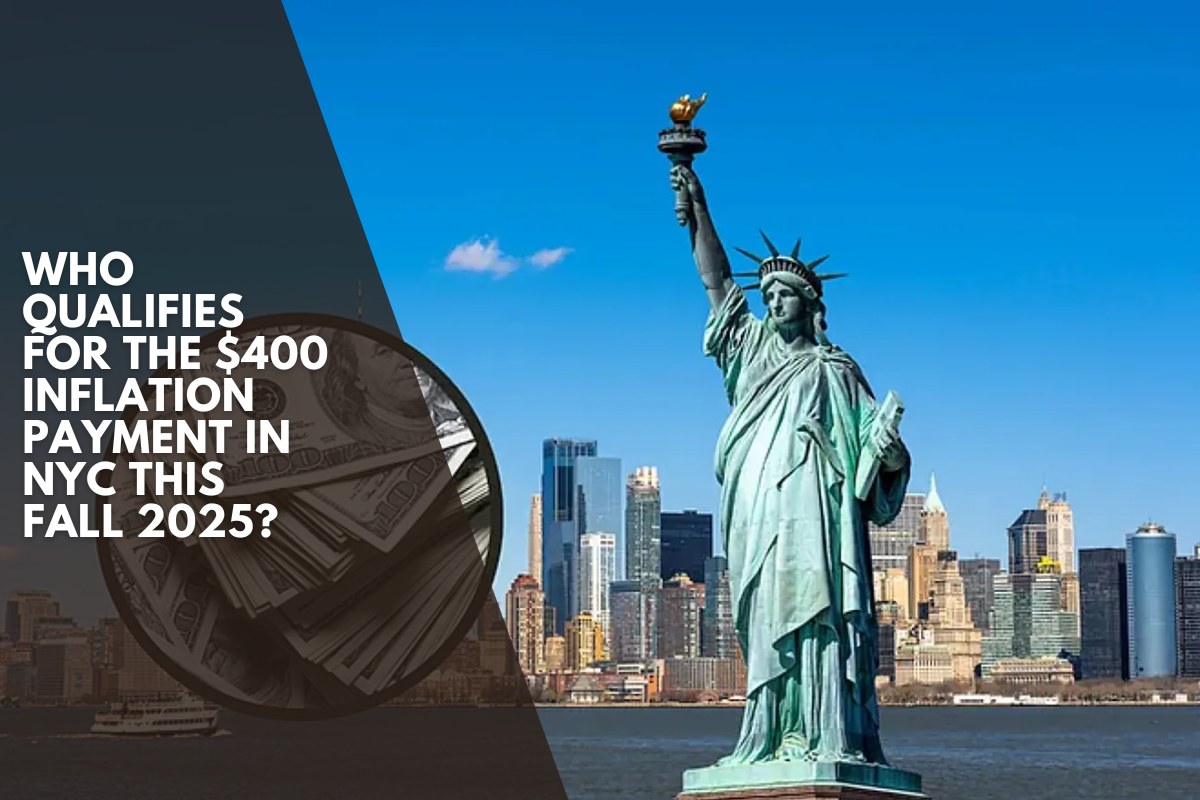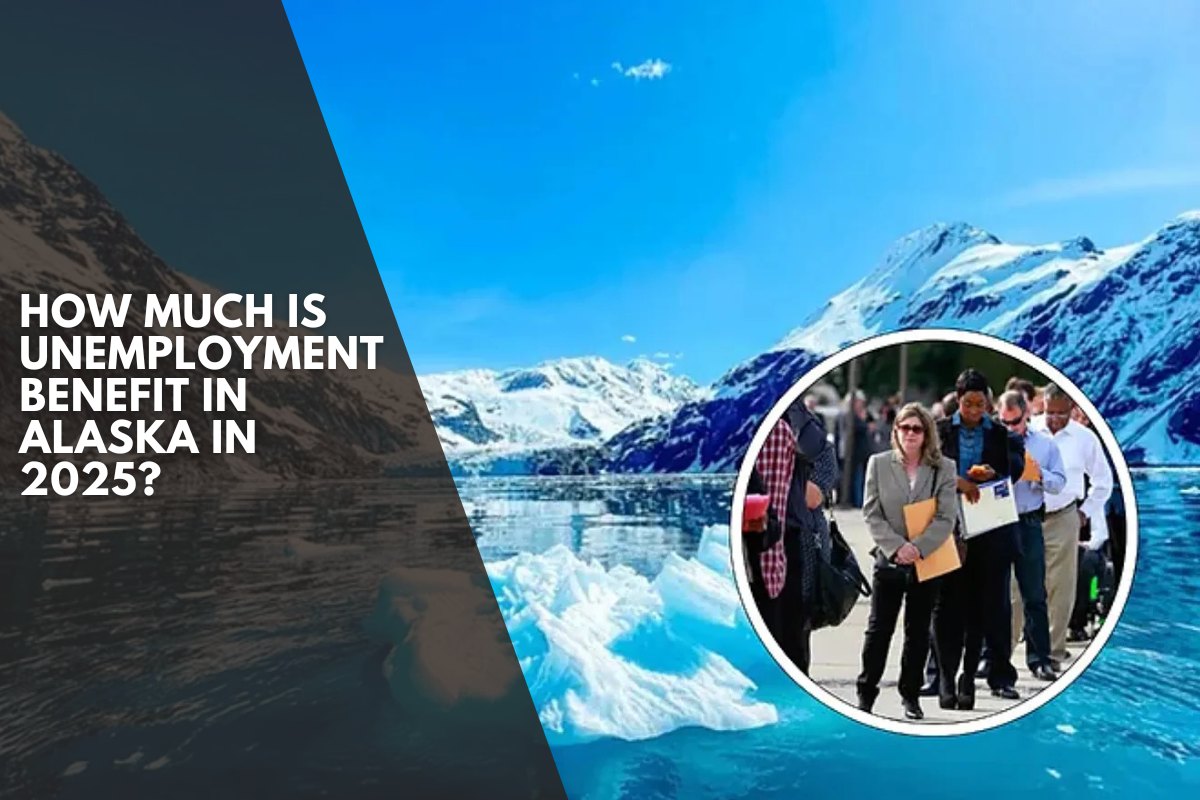The Social Security number (SSN) is one of the most important identifiers for Americans, as it is linked to employment, benefits, and taxes. While many people occasionally require a replacement Social Security card, far fewer realize that in very limited circumstances, it is possible to obtain an entirely new number.
The process is strictly controlled, requires extensive documentation, and is only approved in exceptional circumstances. However, in most cases, individuals only require a replacement card rather than a new number.
The Social Security Administration (SSA) provides free replacement cards; however, for many purposes, a physical card is not required as long as the number is known.
Call +1 800-772-1213 from 8 a.m. to 7 p.m., Monday through Friday, in English, Spanish, or another language.
Those who are deaf or hard of hearing can use TTY +1 800-325-0778.
The SSA states that assigning a new number is possible, but only in rare and specific circumstances. This includes:
When sequential numbers assigned to members of the same family cause difficulties.
If more than one person was mistakenly assigned or is currently using the same number.
When a person is a victim of identity theft and has attempted to resolve the consequences, but is still harmed by the use of the original number.
If an individual is subjected to harassment, abuse, or safety threats as a result of using their current phone number.
When someone has religious or cultural objections to specific digits in a number. In such cases, written documentation is required from a recognized religious group with which the individual has a longstanding relationship.
Anyone looking for a new SSN must make an in-person appointment at their local Social Security office. Approval is not guaranteed, as the SSA will only consider such requests after reviewing and verifying the evidence.
Protecting Social Security details remains key
Questions about the integrity of Social Security numbers and the systems that protect them have grown in the wake of recent controversies, particularly after Charles Borges, the Social Security Administration’s Chief Data Officer since January, announced his “involuntarily” resignation.
That came after he raised concerns about the handling of sensitive personal information by filing a complaint with the Government Accountability Project, alleging that employees from the Department of Government Efficiency (DOGE) embedded at SSA created a vulnerable cloud copy of records for over 300 million Americans.
“After reporting internally to management,” Borges explained. “And externally to regulators serious data security and integrity concerns impacting our citizens’ most sensitive personal data, I have suffered, exclusion, isolation, internal strife, and a culture of fear, creating a hostile work environment and making work conditions intolerable.”
As a result, it is critical that you do not disclose your Social Security information to anyone, especially over the phone, cell phone, or the internet – including emails.
If you notice any unusual activity involving your Social Security account or details, you should immediately contact the Social Security Administration to report what could be fraud.












